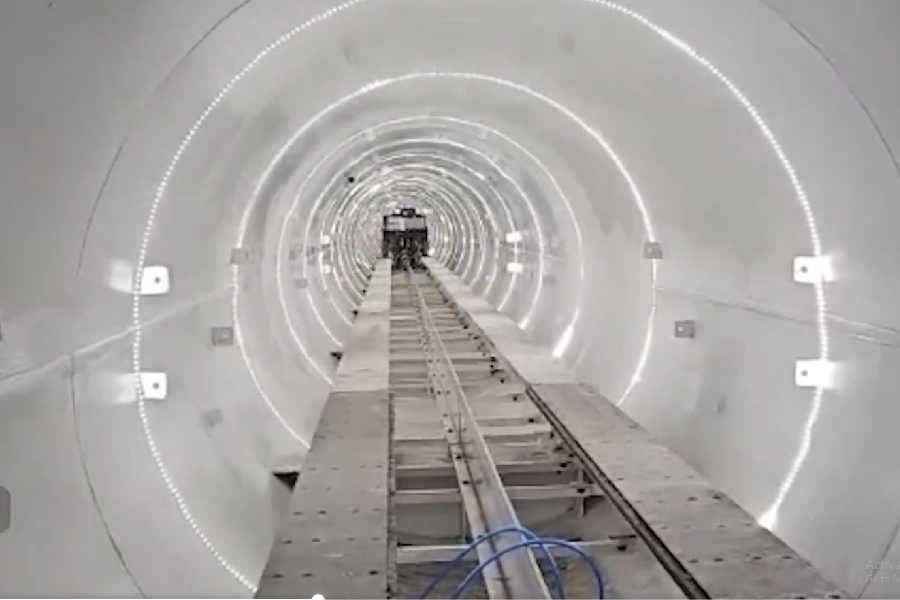The Modi government is likely to amend the Central Goods and Services Tax (CGST) Act, 2017, through Finance Bill 2025, to introduce a track-and-trace system aimed at curbing tax evasion in high-risk sectors, officials said.
The proposed amendment, under Section 148A of the CGST Act, would empower authorities to monitor the movement of specified goods using Unique Identification Marking (UIM).
The move follows recommendations by the GST Council in its recent meeting, where officials highlighted persistent tax leakages in sectors such as steel, real estate inputs and tobacco.
Industry estimates suggest India loses ₹21,000 crore annually due to the illicit cigarette trade, making tobacco products a likely priority under the new system.
The Directorate General of GST Intelligence (DGGI) has identified several evasion-prone goods, including iron, copper, scrap and alloys, pan masala, plywood, timber, paper, electronic items and marble and tiles.
The proposed system would require manufacturers, dealers, and wholesalers to affix a tamper-proof unique identifier on specified products, ensuring traceability throughout the supply chain.
The identifier is expected to contain key details such as the date and place of manufacture, production shift, machine used, product description, quantity, maximum retail price and intended market for sale.
“The track-and-trace mechanism will act as a digital footprint, enabling real-time tracking of goods and reducing tax evasion,” said Rajat Mohan, senior partner at AMRG & Associates. “But industries may face higher compliance costs, including investment in digital tracking infrastructure.”
M.S. Mani, a partner at Deloitte India, said businesses should be given adequate time to adapt to the new regulations. “While directionally correct, the initiative should not impose significant additional compliance requirements on manufacturers and suppliers,” he said.
“Pilot projects in sectors like tobacco and apparel suggest that full-scale implementation could significantly improve GST enforcement and revenue collection,” said Sivakumar Ramjee, executive director for indirect tax at Nangia Andersen LLP.











